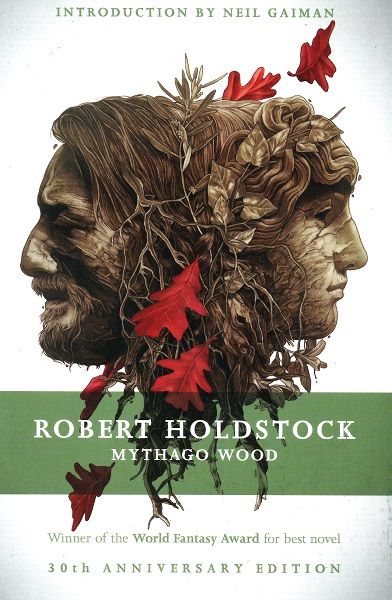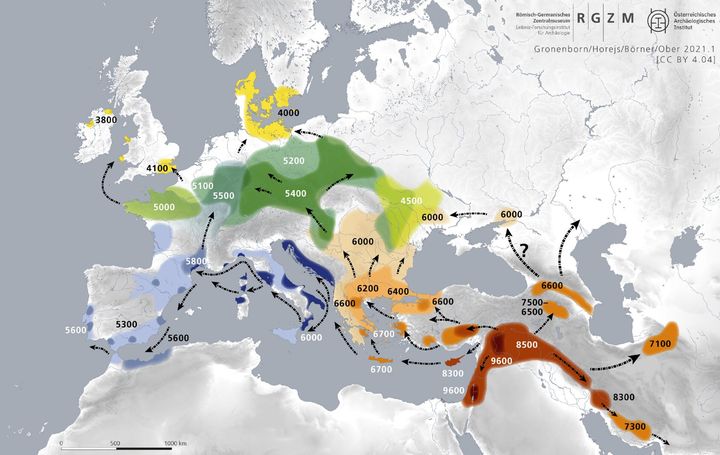American Spies: Espionage Against the United States From the Cold War to the Present Book Review
by Michael J. Sulick
283 pages; $26.95
I received this book for free as part of LibraryThing's Early Reviewers program.
Books about spies are inherently interesting to me. Books about the Cold War are also inherently interesting to me. Thus, American Spies is in a sweet spot. I probably would have read the author's earlier volume about espionage against America prior to the Cold War, but this is the volume I was lucky enough to receive.
American Spies covered pretty much the ground I expected it to cover, and a little bit more besides. I'm not really a spy buff, but espionage is an important part of my overarching interests in history and politics. While not intended to be a comprehensive listing of all spies who were active during the Cold War, which would be a much longer book, this volume covers all the major spies of the last seventy years. We read about Robert Hanssen spying for Russia, Larry Wu-tai Chin spying for China, and Jonathan Pollard spying for Israel.
Sulick is an insider. He retired as a director at the CIA, and spent some time in counter-intelligence during his tenure. I think this book reflects that experience. Sulick gives us an idea of the way the United States responded, or failed to respond effectively, to spies within. Much like generals are always fighting the last war, the CIA and the FBI often seemed to be tracking the last spy in Sulick's telling. Many of the spies featured in this volume managed to continue spying despite clear warning signs, such as sudden unexplained wealth or friendships with known foreign intelligence agents. Sulick believes there is something in the American character that makes it difficult for us to believe that an American would betray their country. While this is a clear failure of counter-intelligence, it is less clear whether this constitutes a national character flaw. The infamous CIA director of counter-intelligence, John Jesus Angelton, comes in for a drubbing, because he really did believe that anyone could be a spy. Rightly so, since paranoia is not identical to effective counter-intelligence, but it seems that some middle ground is necessary.
This book doesn't really get into what might be truly effective counter-intelligence. I wonder whether that oversight is intentional. Angleton was entirely correct that counter-intelligence is a wilderness of mirrors, and all books written by former CIA officers are subject to prior review and approval. It simply wouldn't do to discuss trade secrets in public, although I am really interested in what they might be. It seems like a really tricky problem in game theory or operations research. For example, is it helping or harming counter-intelligence that so much government and military information in the United States is classified that nearly every soldier and defense contractor requires a security clearance to do their basic work? I don't know, but I bet somebody has looked into it. Sulick does spend time talking about how the CIA and the FBI learned to work with each other, since at least one known spy slipped out of the country while the agencies were fighting turf battles.
The early sections of the book have really fascinating accounts of how the major spies were caught. However, I felt like the details got thinner as we closed in on the present. I'm not certain whether this was due to a need for operational secrecy, or simply because Sulick assumed that topics addressed earlier in the book did not need to be repeated. While many spies stole secrets for years undetected, it is a common theme that failures of tradecraft ultimately brought them down. The spies with the longest careers were the ones who were best at the technical skills of acquiring and passing on information without leaving a trace. Perhaps it is fortunate that many spies are misfits and losers, because otherwise they would be harder to catch. Or else we only catch the losers and misfits. Perhaps Angleton knows.
While I liked this book, I didn't love it. It may just be the engineer in me, but my favorite book so far about Cold War espionage has been Project Azorian. That book had tons of technical detail, a compelling story, and historical context. This book serves as a repository of information, and covers a much broader scope. I learned a lot, but it wasn't near as fun.



Comments ()